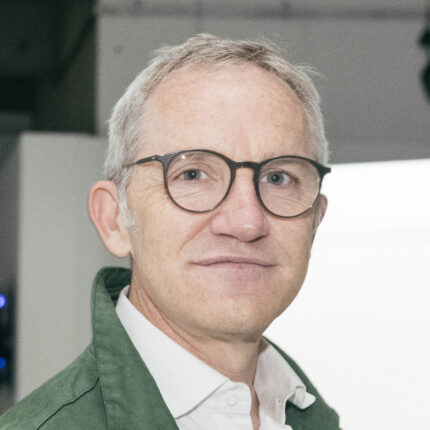In 2011, I found myself in a Birmingham Convent at the board meeting of Citizens UK, the community organising body that pioneered the Living Wage.
With the director Penny Woolcock, we’d been trying to get a film off the ground about two gangs in Birmingham who had been killing each other for years. Finding funding was difficult. We didn’t have a method for reconciling the two groups.
Community organising comes to the rescue
Citizens UK provided a set of contacts in Birmingham who gave us seed money. Citizens provided training which members of both gangs undertook and helped them create relationships which eventually led to a truce, brought about by the film One Mile Away.
As recent articles on Wonkhe have shown, community organising is also being adopted in HE. If it can heal actual gang rivalries, it also stands a chance of curing some of the more distanced relationships in our sector.
It’s hard to explain what community organising is. It doesn’t fit neatly into our binary concept of society as state and market. In fact, it embodies a way of thinking of society as made up of actors from the state, market and civil society, and makes a further argument that society works best when they are broadly in balance.
At its simplest, community organising is relational politics. It seeks to build power through individuals coming together to get to know each other, find things they have in common, turn those into a common interest which they work to realise.
How it works
Another reason it’s hard to explain community organising is that it defies some stereotypes about what civil society organisations are like. We sometimes conceive of charities or NGOs as worthy and pure, standing removed from power, and making absolutist claims.
Community organising is subtly different – it seeks to identify those who can make the decisions that will bring about the change they want, but is determined never to be a supplicant. Instead, members are trained to do a power analysis to work out how they can build their own power.
This is sometimes done in surprising ways. Saul Alinsky, the theoretician of community organising, gives the example from the 1960s of a group who wanted Mayor Daley to follow through on some commitments for poor black people on the city’s South Side. They targeted O’Hare Airport, Daley’s “pride and joy”, and essentially threatened to occupy the airport’s toilets, preventing travellers meeting their urgent needs after coming off the plane. The threat (of the “shit in”) was enough for City Hall to agree to their demands.
As Wonkhe’s series of articles has shown, community organising is making an impact in higher education. The campaign for the Living Wage started at Queen Mary University – now, 100 universities and students’ unions pay the Living Wage. At King’s, community organising led to a focus on how to support sixth formers from around the university to get into the university.
Effective power
Why would a vice-chancellor want community organising in their university? Surely building the power of staff and students will reduce their power?
I think that’s the wrong way of thinking about power. Instead, I’d make the difference between effective and ineffective power. Effective power allows different people to work out what they want and bring it about. Vice-chancellors can’t do anything sitting around in a room by themselves. They need partners they can work with and community organising helps create groups who have clear demands and can turn them into reality.
So at UAL we have started a partnership with Citizens UK which is providing training, building our relationships with our local communities and helping us identify areas we can make a difference.
About relationships
Community organising also works at the level of institutions. Schools, religious organisations, companies that understand community organising can also work with each other to find a common interest and develop the power to bring it about. That’s what’s happening with the Making London a Living Wage City – an initiative chaired to put over £600m into the wage packets of poor Londoners by getting more organisations to pay the living wage.
UAL represents higher education on this alliance. Many universities pay the Living Wage – but not all. Paying the living wage is the morally right thing to do, but it also helps improve staff turnover, potentially saving more money than it costs. If anyone reading this would like to find out more, do get in touch.
Fundamentally, this is about relationships. I also went on Citizens’ training, and one of the mantras that stays with me is that relationships precede action. Community organising helps build relational organisations. They allow us to resolve difficult issues, but in so doing also strengthen our muscle of collective action and make us more effective organisations. That should be attractive to any university leader.
Working with James Asfa at Citizens UK and Jonathan Grant at Different Angles, Wonkhe has published a range of articles with the common thread of community organising at the centre. There will be more on this to follow in the new year. The articles we have published so far include:
- An introduction from James Asfa.
- A student and graduate perspective from Abigail Oyedele at King’s College London
- Rebecca Warren and Jason Glynos on supporting democratic engagement at the University of Essex
- Anne-Marie Canning on working with parents at King’s College London
- Emmanuel Gotora and Tim Hall on work on the Living Wage in the University of East London
- Monder Ram and Angela Jeffery on working with local businesses at Aston University
- Jonathan Grant and Ross Pow on community organising and university strategy













This is really interesting, and I think at a fundamental level ‘relationships precede action’ is incredibly important for the effective working of institutions.